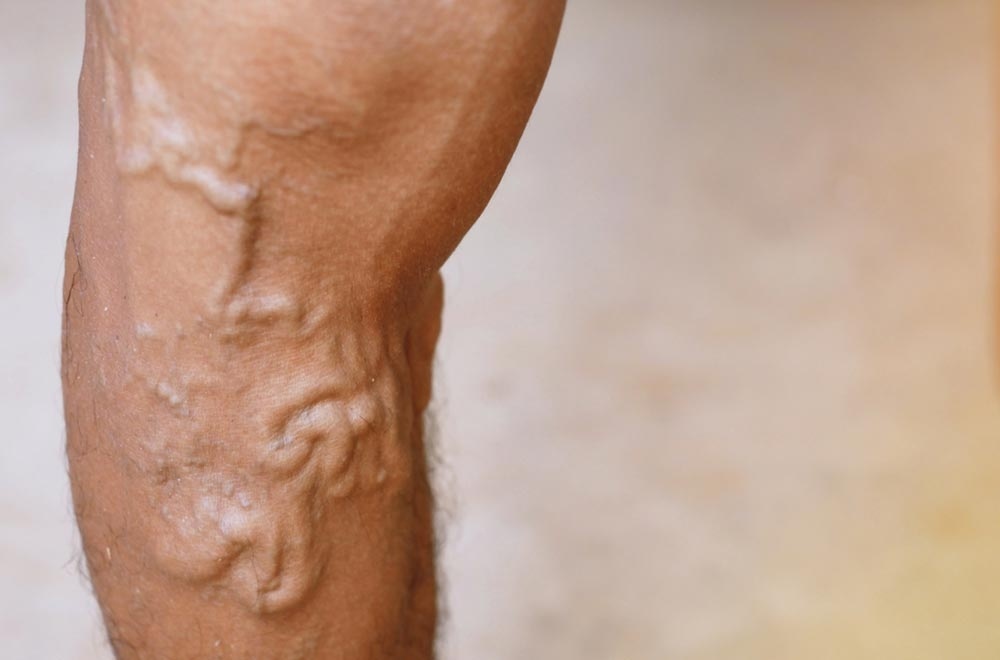Varicose veins are a condition that affects millions of people around the world, and the Muslim community is no exception. In fact, research has shown that, compared to the general population, Muslims are more likely to suffer from varicose veins. This article will explore the signs and symptoms of varicose veins, as well as their treatment and the social impacts of this condition in a Muslim society.
What are Varicose Veins?
Varicose veins are dilated, twisted veins that occur when the valves in the veins become weakened and cannot close properly. This allows blood to flow backwards, resulting in a swollen, twisted vein. Varicose veins often appear on the legs, but can also appear on the face, arms, and other areas of the body.
Signs and Symptoms of Varicose Veins
The most common symptoms of varicose veins are aching and throbbing in the affected area, swelling, itching, and cramping. Other signs include discoloration of the skin, as well as a feeling of heaviness or fatigue in the legs. In some cases, varicose veins can cause bleeding, ulcers, and infections.
Treatment of Varicose Veins in a Muslim Society
There are several treatment options available for varicose veins, depending on the severity of the condition. Non-surgical treatments include compression stockings, lifestyle changes such as regular exercise, and medications to reduce inflammation. For more severe cases of varicose veins, surgery may be necessary.
Compression stockings are the most commonly used treatment for varicose veins in a Muslim society. They are used to improve circulation and reduce swelling. Compression stockings come in a variety of sizes and styles, and can be purchased over the counter.
Lifestyle changes such as regular exercise, healthy eating habits, and avoiding sitting or standing for long periods of time can also help to reduce the symptoms of varicose veins. Additionally, medications such as anti-inflammatory drugs can help to reduce inflammation and pain.
In more severe cases of varicose veins, surgery may be necessary. The most common type of surgery is called endovenous ablation, which involves using a laser to close off the affected veins. This procedure is minimally invasive and can be done in an outpatient setting. Other surgical options include vein ligation and stripping, which involve the removal of the affected veins.
Dr Imtiaz is one of the pioneers and specialist in treating veins using non-thermal methods
namely Clearivein MOCA -MechanicoChemicalAblation of Varicose Veins and Venaseal Procedures.
Social Impact of Varicose Veins in a Muslim Society
Varicose veins can have a significant social impact for those affected by it in a Muslim society. As many Muslims cover their bodies for religious reasons, the visible signs of varicose veins can be embarrassing for those affected. Additionally, due to the lack of awareness about the condition in some Muslim societies, there is often a stigma associated with it that can lead to feelings of isolation and shame in those who suffer from it.
Conclusion
Varicose veins are a common condition that affects millions of people around the world, and the Muslim community is no exception. The signs and symptoms of varicose veins include aching and throbbing in the affected area, swelling, itching, and discoloration of the skin. Treatment of varicose veins can include compression stockings, lifestyle changes, medications, and in more severe cases, surgery. Finally, varicose veins can have a significant social impact in a Muslim society, due to the lack of awareness and the stigma associated with it.

